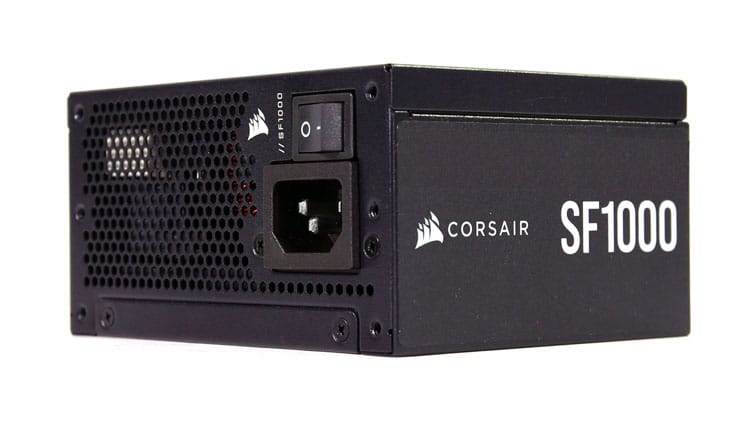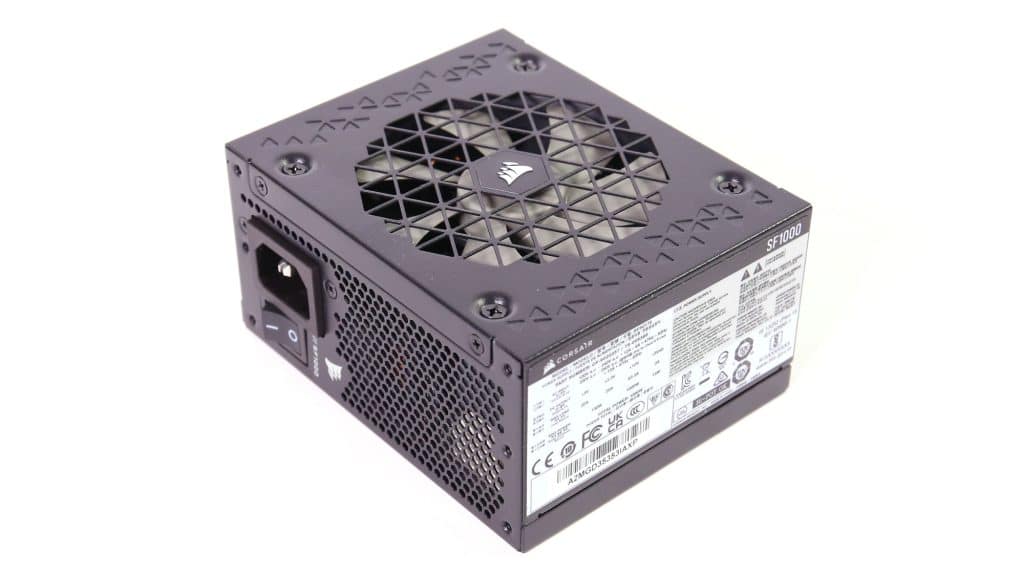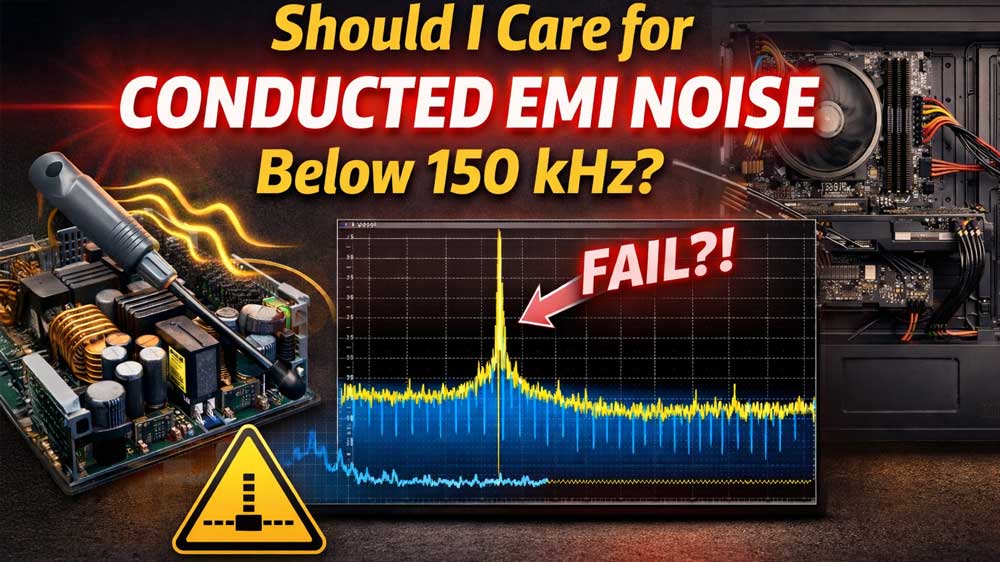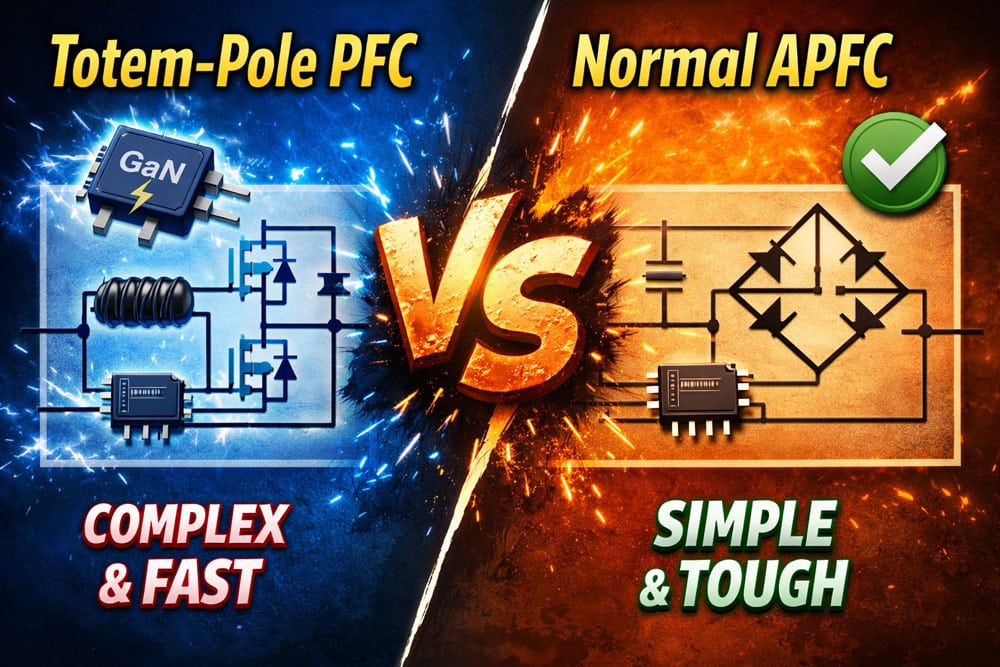Epilogue
The SF1000 left an even better impression on me than its lower-capacity sibling, the SF850. Through its cooperation with Great Wall, Corsair managed to deliver the best-performing SFX unit, a complaint to the strict ATX v3.1 specification, while keeping the hold-up time well above 17ms, which was the requirement in the previous ATX spec. Unfortunately, this requirement is looser in the new ATX spec, dropping to 12ms. Noise output is low at light and moderate loads, and the PSU could get an even better Cybenetics noise rating if the maximum combined power on the minor rails were 100W instead of 130W, which is pretty high for today’s standards. I can understand the reason for a strong 5V rail (ARGB), but there is no point in making the 3.3V rail so strong. Moreover, the OCP triggering points on these two rails are high, allowing for well over 30A on each rail. Great Wall should fix OCP on the minor rails and bring it down to more sensible levels.
I hope that the price of the SF1000 will be reasonable. So far, there is no official information on that, and I also don’t know when these units will be available to consumers. Even review samples weren’t available during the time of the review, so I had to use data from the Cybenetics database.
Not many products get an editor’s choice from me, but from the moment the SF1000 is the best performing SFX unit in today’s market, and it is also compatible with the newest ATX spec, I couldn’t do otherwise.
With the new SF series, Corsair marks its independence from the so-far powerful 80 PLUS, which insists on increasing its fees while using a vastly outdated and easy-to-cheat methodology. According to Corsair’s PSU PM, only the Cybenetics ratings will be utilized from now on. These ratings use the average efficiency and noise readings from at least 1450 different load combinations, from minimal to full load, and other data to tax the PSUs to the corresponding efficiency and noise categories.
Before investing in a new power supply, read my Best ATX v3.x PSUs article to check all alternative PSU offerings. You help me a lot by using my affiliate links, which don’t increase the product’s price. I get a commission from Amazon every time you do it, which can make a difference for me, especially now that I am on my own, working exclusively for my media and not for someone else.
- Delivered full power at 47°C
- High power density
- Top performance
- Silent at light and moderate loads
- Highly efficient
- Sky-high efficiency at 5VSB
- ATX v3.1 and PCIe 5.1 ready
- High build quality
- Excellent transient response at 12V (ATX v3.1 testing)
- Good transient response on all rails (normal loads)
- Tight load regulation
- Long hold-up time
- Low inrush currents
- Conservatively set 12V OCP and OPP
- Low standby power
- Alternative Low Power Mode (ALPM) compatible
- Quality, FDB fan
- Fully modular (individually sleeved cables)
- Enough cables and connectors, including a high-power one (12+2 pin, 600W)
- SFX-to-ATX adapter bracket included on the bundle
- 7-year warranty
- OCP triggering points need to be lower on the minor rails
- The power factor needs boosting





Should I get the Corsair SF850L (145$) or the Corsair SF1000 (215$) ? Thanks so much for your work.
Hi price difference but it has to do whether you need 850W or 1000W max power. So it depends on your system.
I’m so glad I found your reviews! One thing you could do to improve your reviews is to include frequency response PSUs (or anything that can emit noise). This would help to visualize if there is nasty coil whine or other undesirable noises coming out of fans/electronics/whatever. I’m asking for this because people have different hearing ability and you might not perceive noises that other people do. Such graph would be an objective measurement and thus easily comparable and outside of our subjective variances in ear hardware 😉
I could do that yes, but the problem is that it takes sooo much time 🙁
Amazing work with these review articles! I especially like the noise performance graph at various loads, that is extremely helpful for me. Could you please make the affiliate link prominent? I would like to support your testing.
Thank you!
Would you recommend SF1000 over lower wattage models if my average load is around 600W? From the tests, I see it should be quieter at that load, but I wonder if there’s any downside to running this PSU at a half-rated load.
Downside is it will probably pull more power from socket when your computer is idle or your doing light tasks because this is way outside it’s optimal operational efficiency.
On corsairs website they are still referencing 80 Plus Platinum for the new SF750/SF850/SF1000
https://www.corsair.com/us/en/explorer/diy-builder/power-supply-units/sf750sf850sf1000-platinum-atx-31-everything-you-need-to-know/
-80 PLUS Platinum efficiency ensures lower energy consumption, noise, temperatures, and your power bill.
Yes, Corsair marketing seems to screw up this. In Computex the PSU PM assured me that no 80 P from now on.
Some MOSFET model name in the list is wrong
Do you want to elaborate, to help me fix it?
Hi aris, thank you very much for the review!. can you elaborate on the OCP triggering points? What are the risks of being set too high? Any risks to other pc componants ?
They can kill the PSU if too high, especially at high temperatures.